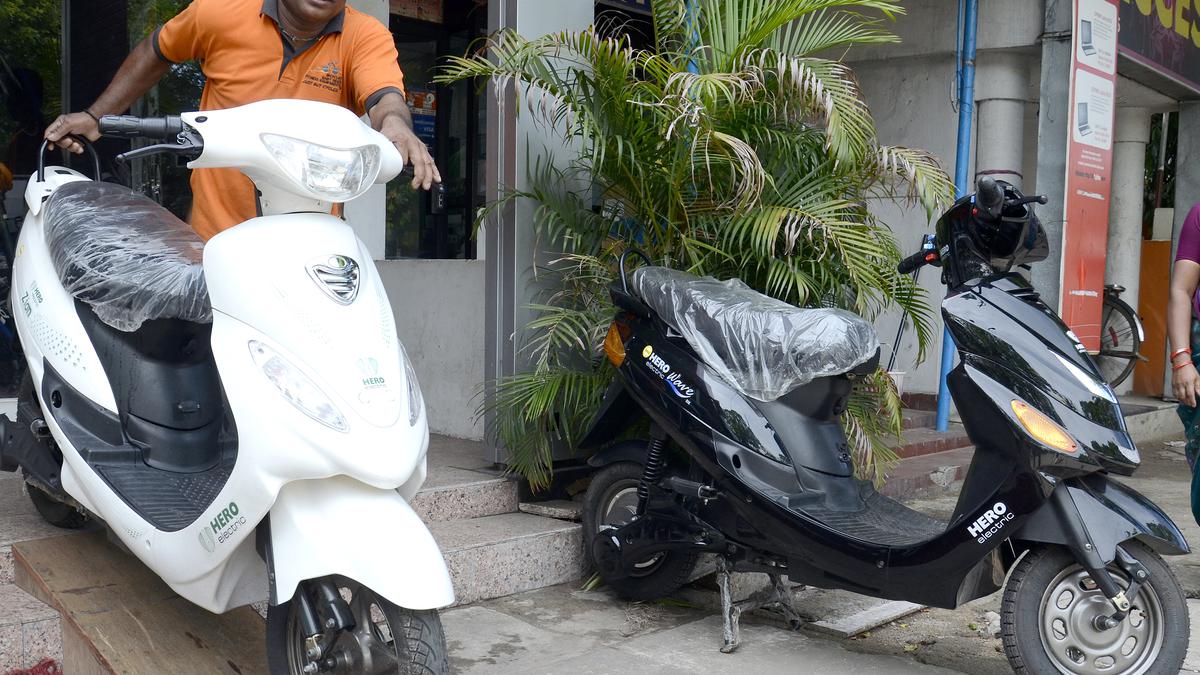
Indian startup Zypp Electric is set to extend its electric vehicle (EV) rental services to Southeast Asia early next year, leveraging a significant investment from Japanese oil and energy conglomerate ENEOS.
Akash Gupta, co-founder and CEO of Zypp Electric, revealed in an exclusive interview with TechCrunch that the company has secured $15 million as part of its Series C funding round. This round, led by ENEOS, is projected to culminate in a total raise of between $35 million and $40 million within the next six to eight weeks.
Gupta detailed Zypp Electric’s ambitious plan to penetrate at least one Southeast Asian market as part of its pilot early next year. The startup is eyeing Indonesia, Thailand, and the Philippines as key potential markets, all of which are heavily reliant on two-wheelers for deliveries.
Zypp Electric, based in Gurugram, currently operates its EV-as-a-service platform across major Indian cities including Delhi, Bengaluru, Mumbai, and Hyderabad. The platform supports a range of services catering to e-commerce companies and gig economy workers, featuring an app and software that provides fleet and delivery management analytics.
Key Features of Zypp Electric’s Service:
- Platform: Comprehensive app and software for fleet management.
- Users: Targets gig workers and companies in courier, e-commerce, and food delivery.
- Fleet: Offers a fleet of electric two-wheelers and recently introduced electric three-wheelers.
The startup’s innovative approach has allowed it to handle approximately 5 million deliveries every month. Gig economy workers, who can rent the e-bikes on daily, weekly, or monthly subscriptions, contribute about 28% of Zypp’s revenue. The remaining revenue streams are generated from partnerships with major companies such as Amazon, BigBasket, DHL, Uber, Swiggy, Zepto, and Zomato.
Zypp Electric’s journey to financial health appears robust, with Gupta stating the startup is operationally profitable and on the verge of achieving EBITA positivity within the next six to eight months. He anticipates the company will turn a profit after taxes within 12 to 14 months.
The company initially planned to expand its fleet to 200,000 electric two-wheelers and venture into 30 Indian cities by the end of 2025. However, Gupta emphasized a strategic shift towards deepening the market presence rather than expanding into new cities with minimal presence.
- Delhi: 15,000 electric two-wheelers
- Bengaluru: 5,000 electric two-wheelers
- Mumbai: 1,000 electric two-wheelers
- Hyderabad: 500 electric two-wheelers
- Future Plans: Increase the current fleet of 22,000 to 50,000 within a year, aiming for 200,000 in the next two and a half years.
Zypp has also started to diversify its vehicle offerings by introducing electric three-wheelers in Delhi and Bengaluru, with plans to extend this service to Mumbai soon. These three-wheelers already account for 10% of the startup’s total revenue.
Looking beyond Southeast Asia, Gupta mentioned that Zypp Electric is in the early stages of planning an expansion into the Middle East, though details remain under wraps.
The company’s growth is supported by a strong backing of international investors. In February last year, Zypp Electric raised $25 million in a Series B round led by Taiwan’s battery-swapping company Gogoro. Other significant backers include Goodyear Ventures, Google for Startups, and Shell E4.
This influx of capital and strategic market expansion underscore Zypp Electric’s commitment to transforming urban mobility across Asia through sustainable and innovative transportation solutions.
Related News:
Featured Image courtesy of The Hindu
